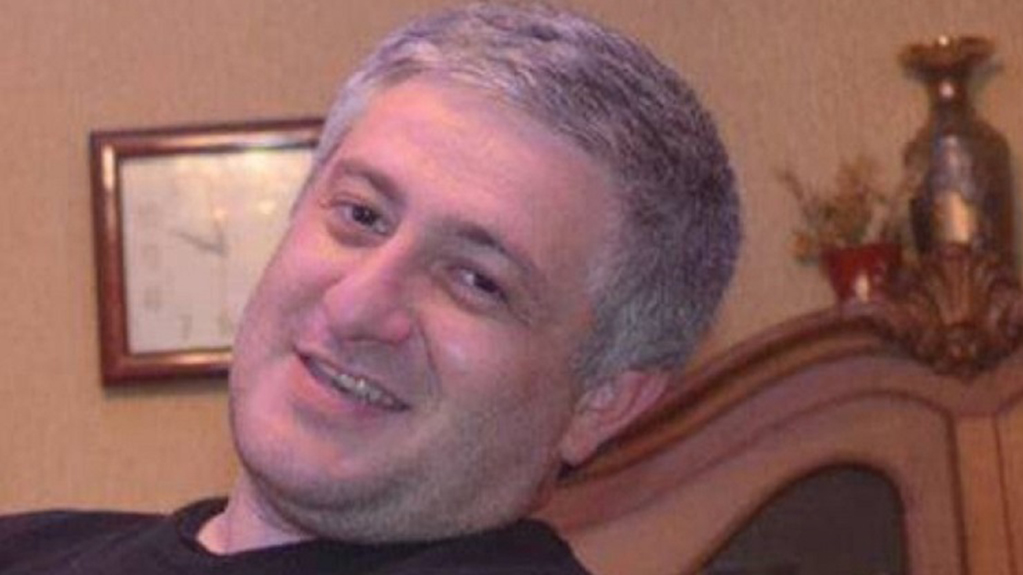The European Court of Human Rights found a violation of the right to life by Russia in the case of 30-year-old Giga Otkhozoria, who was killed in the village of Khurcha, Zugdidi. Russia was ordered to pay 130,000 euros as non-material damages to Otkhozoria's family.
News
Giga Otkhozoria was killed on May 19, 2016, near the de facto border between Zugdidi Municipality and Russian-occupied Abkhazia, in the controlled territory of Georgia, by the so-called Abkhaz “border guard” Rashid Kanji-Oghli.
“Giga was carrying food for a funeral through the so-called checkpoint to the occupied Gali region. While crossing the bridge, he had an argument with de facto border guards and returned to the controlled territory of Georgia. He was chased by four de facto border guards, one of them shot at him four times, and finally inflicted a fatal wound to his head,” said the mother of the deceased.
The family members appealed to the European Court of Human Rights on January 11, 2018. The appellants disputed the killing of Giga Otkhozoria as a result of the illegal use of force by the so-called Abkhaz border guard and the ineffectiveness of the investigation into this fact. They believed that the right to life protected by Article 2 of the European Convention was violated.
On March 7, 2017, the Court of Appeals of Kutaisi found Rashid Kanji-Oghli guilty in absentia for the intentional murder of Giga Otkhozoria and illegal possession of weapons. He was sentenced to 14 years in prison. Rashid Kanji-Oghli is wanted by Interpol's red notice, but he has not been arrested so far.
The European Court started the substantive consideration of the case on November 8, 2018, and addressed questions to the Russian Federation as the defendant state. In the written arguments submitted to the Strasbourg court, Russia refers to Abkhazia as a sovereign state that escaped Georgia's aggression and gained independence through self-determination. The Russian Federation declares that its jurisdiction does not extend to the territory of Abkhazia, and it does not exercise effective control or any influence on the “Republic of Abkhazia”, therefore, it lacks the opportunity to protect the rights stipulated by the European Convention on the territory of Abkhazia.
The European Court of Human Rights approved the petition of the appellants and ordered the Russian Federation to present the materials of the investigation related to the murder of Giga Otkhozoria by the de-facto authorities of Abkhazia. The Russian Federation did not fulfill this obligation. The court found that Article 38 of the Convention was also violated because Russia did not submit the criminal case materials to the court.
In March 2022, after the outbreak of the war in Ukraine, Russia was expelled from the Council of Europe, after which the country's authorities cut off all communication with the organization regarding the implementation of the decisions of the European Court of Human Rights. According to the statement of the European Council, despite this, Russia remains under a legal obligation to comply with the court's decisions.
The interests of Giga Ochtozoria's family were protected by the Georgian Young Lawyers' Association with the help of the USAID Rule of Law Program.















